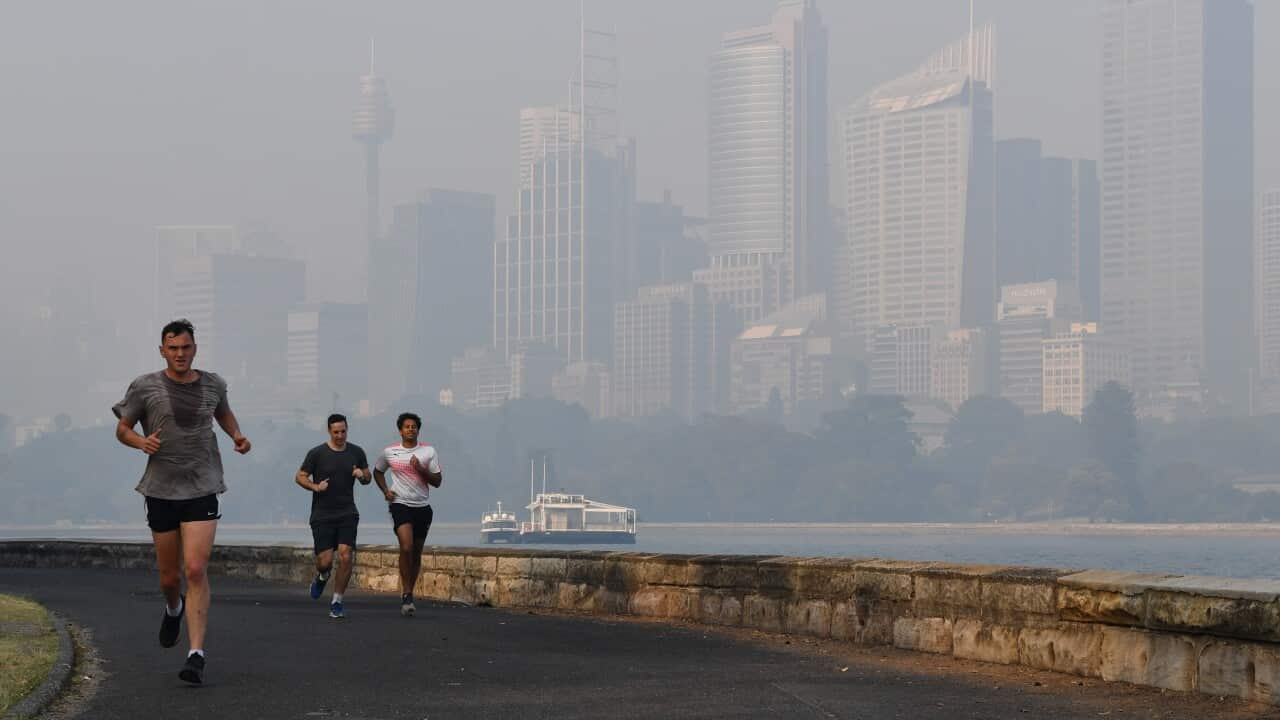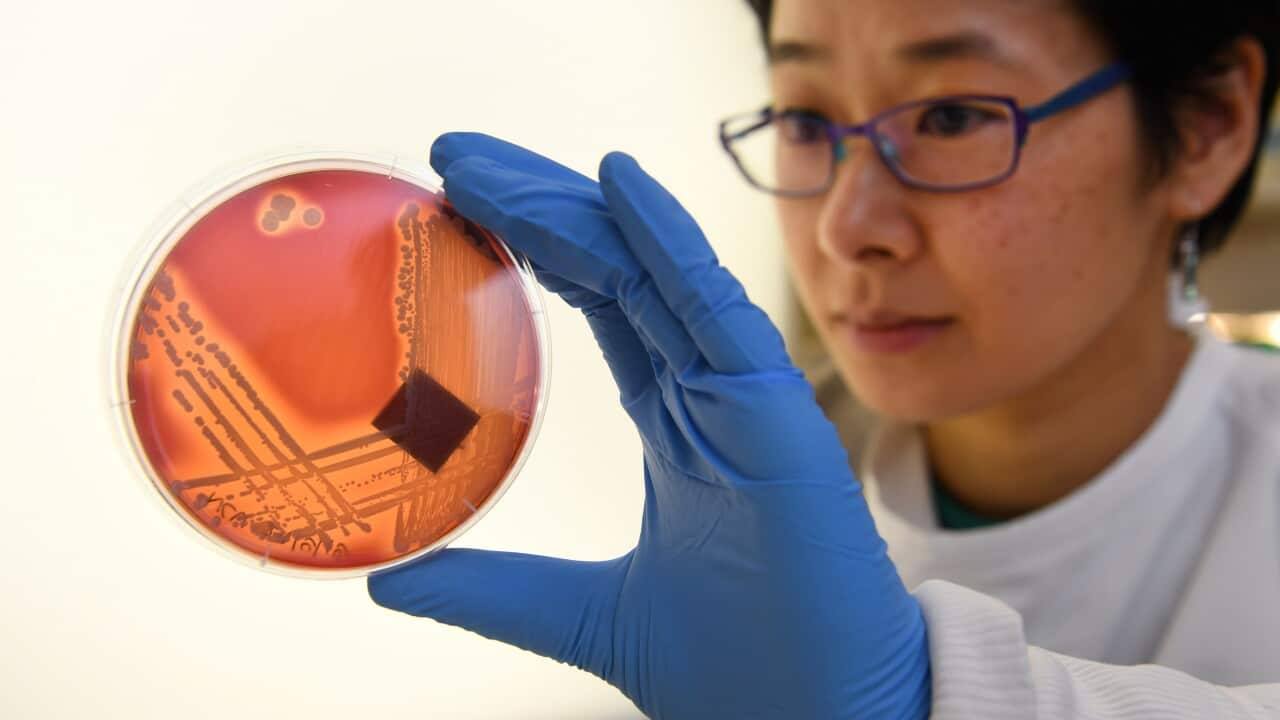Key Points
- Air pollution has a direct link to rising antibiotic resistance, a new study has found.
- This poses a major threat to human and animal health.
- Antibiotic resistance resulting from air pollution was linked to an estimated 480,000 premature deaths in 2018.
Air pollution has a direct link to rising antibiotic resistance, which could greatly harm human and animal health, a new study has found.
Antibiotic resistance occurs when bacteria change in response to the use of antibiotic medicines, becoming harder to treat with drugs.
Antibiotic resistance leads to longer hospital stays, higher medical costs and increased mortality, and is one of the biggest threats to global health, food security and development today according to the World Health Organisation (WHO).
The analysis, published in the Lancet Planetary Health Journal, suggests reducing air pollution could bring down antibiotic resistance over time.
This would reduce pressures and costs on health systems, and could reduce mortality rates.
The study was conducted using data from more than 100 countries, spanning nearly two decades, and found every country and continent has been affected by the link between rising antibiotic resistance and air pollution.
“Our analysis presents strong evidence that increasing levels of air pollution are associated with increased risk of antibiotic resistance,” researchers from China and the United Kingdom wrote.
“This analysis is the first to show how air pollution affects antibiotic resistance globally.”
Antibiotic resistance resulting from air pollution was linked to an estimated 480,000 premature deaths in 2018, according to the study.
According to modelling, levels of antibiotic resistance worldwide could increase by 17 per cent by 2050, meaning the premature death toll could rise to about 840,000 annually, if no policy changes are made.
“Antibiotic resistance and air pollution are each in their own right among the greatest threats to global health," lead author Hong Chen, a professor at China's Zhejiang University, said.
“Until now, we didn’t have a clear picture of the possible links between the two, but this work suggests the benefits of controlling air pollution could be twofold: not only will it reduce the harmful effects of poor air quality, it could also play a major role in combating the rise and spread of antibiotic-resistant bacteria.”
The study did not pinpoint exactly why antibiotic resistance and air pollution are linked. However, evidence suggests that particulate matter PM2.5 can contain antibiotic-resistant bacteria and resistance genes, the authors said.
This may then be transferred between environments and inhaled directly by humans.
Antibiotic-resistant genes may potentially travel through hospitals, farms and sewage treatment facilities that emit and spread antibiotic-resistant particles through the air and then across wide distances, the authors said.
The study could not prove cause and effect as it was was observational. Future research should focus more on the why, the authors said.
Antibiotic resistance is rising to dangerously high levels in all parts of the world, according to the WHO.
It is exacerbated by antibiotic overuse and misuse and not enough emphasis on disease prevention.
A growing list of infections – such as pneumonia, tuberculosis, blood poisoning, gonorrhoea, and foodborne diseases – are becoming much harder to treat as antibiotics become less effective due to bacteria adaptations.
How does air pollution harm human health?
Short-term exposure to high pollution levels can cause wheezing, asthma attacks and coughing, while long-term exposure is linked to heart disease, asthma and lung cancer.
PM2.5 air pollution is made up of particles roughly 1/30th the size of a human hair, and can come from road traffic, industrial processes and domestic coal and wood burning.
Around 7.3 billion people globally are directly exposed to unsafe PM2.5 levels annually.













